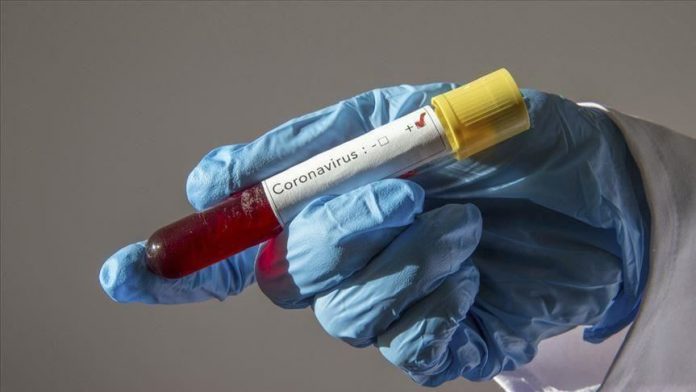Having tasted something like freedom over the summer, most Quebecers are back living under a complex array of public health rules, wondering if the rest of the pandemic will be one long roller-coaster ride between extremes.
When Premier François Legault announced last month a 28-day partial lockdown to quell a rising tide of infections, he counselled Quebecers to get used to a “fragile balance” while they wait for a vaccine.
“We’ll see if we can open up again at a certain point and find a bit of normal life,” he told journalists in Quebec City at the time.
“But if there are too many cases, or if there is less co-operation from the population, then we’ll have to go backward.”
Legault was describing what has been the dominant approach in many Western countries to dealing with the COVID-19 pandemic: the lurch from lockdown to freedom and back to lockdown again when cases rise.
In Quebec, the back-and-forth has been more abrupt than elsewhere in Canada.
The Legault government didn’t hesitate to close schools and businesses early in the pandemic. Then many restrictions were lifted in quick succession at the start of the summer, and for a few months life almost went back to normal.
Legault was reluctant at first to reimpose restrictions as cases started to creep upward in August.
But when the government finally did respond, it didn’t wait long to resort to drastic measures — banning all social gatherings in so-called red zones, including Montreal and Quebec City.
Montreal’s public health director questioned whether it was sustainable to continue oscillating between poles of relative freedom and relative confinement.
“If we have to live with the virus, do we always want to be doing the yo-yo?” Mylène Drouin wondered last week.
She proposed, instead, finding a stable set of restrictions to keep transmission more consistently in check.
“We probably never should have talked about deconfinement…. We have to identify measures that we can live with for many months to come.”
The tricky part is figuring out what those measures are.
































